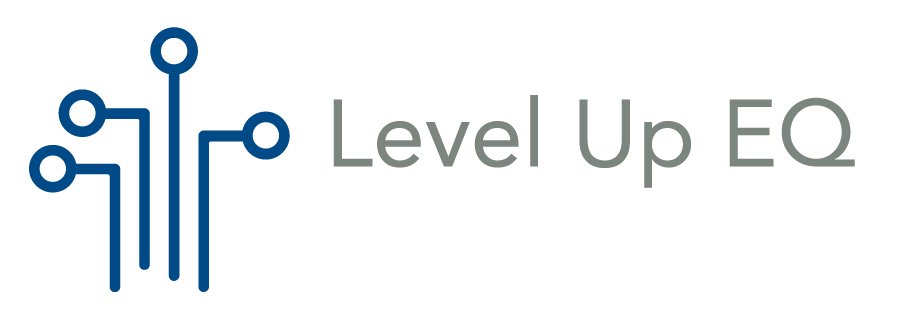The Dynamics of Team Coaching
By Marla Skibbins, David Skibbins, and Marly DiFruscio
Individual and executive coaching is on a continuous rise within organizations. According to the International Coaching Federation (ICF), 86% of organizations saw an ROI on their Coaching engagements, and 96% of those who had an Executive Coach said they would repeat the process again. For years, organizations have focused on improving productivity by focusing on the individual employee. However, an effective leader cannot always improve or create an effective team. Team Coaching International’s data shows that less than 10% of teams rate themselves as high performing before starting a team coaching engagement. That’s less than one in 10. Does that shock you? It should!
The Why of Team Coaching
In moments like these, there needs to be a shift from just coaching the individual to coaching the team and the system as a whole. According to Gallup, when predicting both engagement and performance, a team's awareness of their strengths is more important than the specific composition of those strengths. In other words -- just knowing your strengths, as well as the strengths of your partners, leads to higher engagement and performance, such as lower absenteeism, lower turnover, higher productivity, and higher profitability.
Even Google understands the importance of collaborative work by high-performing teams and put forth the question “What makes a team effective at Google”. They answered it with their Aristotle project. They found that, above all, what really mattered to the team was less about who was on the team (i.e., tenure, seniority, extroversion/introversion, individual performance), and more about how they worked together. In order of importance, Google’s team members quoted Psychological Safety, Dependability, Structure and Clarity, Meaning, and Impact. All of these concepts relate directly to how the team members mesh and work together as a unit vs individual statuses and performances. Team coaching is the guide to improving and perfecting this unit.
The When of Team Coaching
Team coaching can be used for both high-performing teams and for those who could function more effectively. It’s used to enhance the dynamics and performance of teams in any kind of situation, such as:
Newly formed team, or new/additional team members
Solving conflict amongst team members that affect the entire team
Creating alignment and understanding around goals, vision, purpose, culture, roles, and responsibilities
Supporting change – such as that caused by hybrid and remote work environments
Building trust
Team coaching is not about failing teams, teams that are doing well, or “waiting to see if the team does poorly”. Team coaching is about improving and building upon any system already in place, no matter the status or efficiency.
What Team Coaching Looks Like
How team coaching is approached varies by coach. At Level Up EQ, team coaching is characterized by quarterly (or more) team sessions, accompanied by individual coaching. These sessions will include feedback, different 360 methods, activities, debrief time, and more. The team in need of coaching will be treated as a single entity. Each individual member must be heard and plays an integral part of the team. The promotion of effective communication, psychological safety, and participation and contribution is a key component to a successful team coaching session.
The coach should be familiar with this type of work and exhibit certain skills and experience, including but not limited to:
Understanding how to identify and resolve conflict
Recognizing power dynamics
Knowing how to build cohesion
Encourage team participation and contribution
Understanding what is required in a high-performing team
Is it time for your team to undergo Team Coaching?
Whether your team performs well already, or is dealing with setbacks, every team can benefit from team coaching. Research shows us that high performing teams exhibit more energy, more creativity, and deliver better outcomes than their poorer performing counterparts. This is critical to productivity in any organization, in part and as a whole. Putting a team through team coaching (no matter their existing status) can allow the organization the leg up it needs in a competitive market. Maybe it’s time your team took the leap into team coaching, and as a result, drive exceptional results for your organization.

